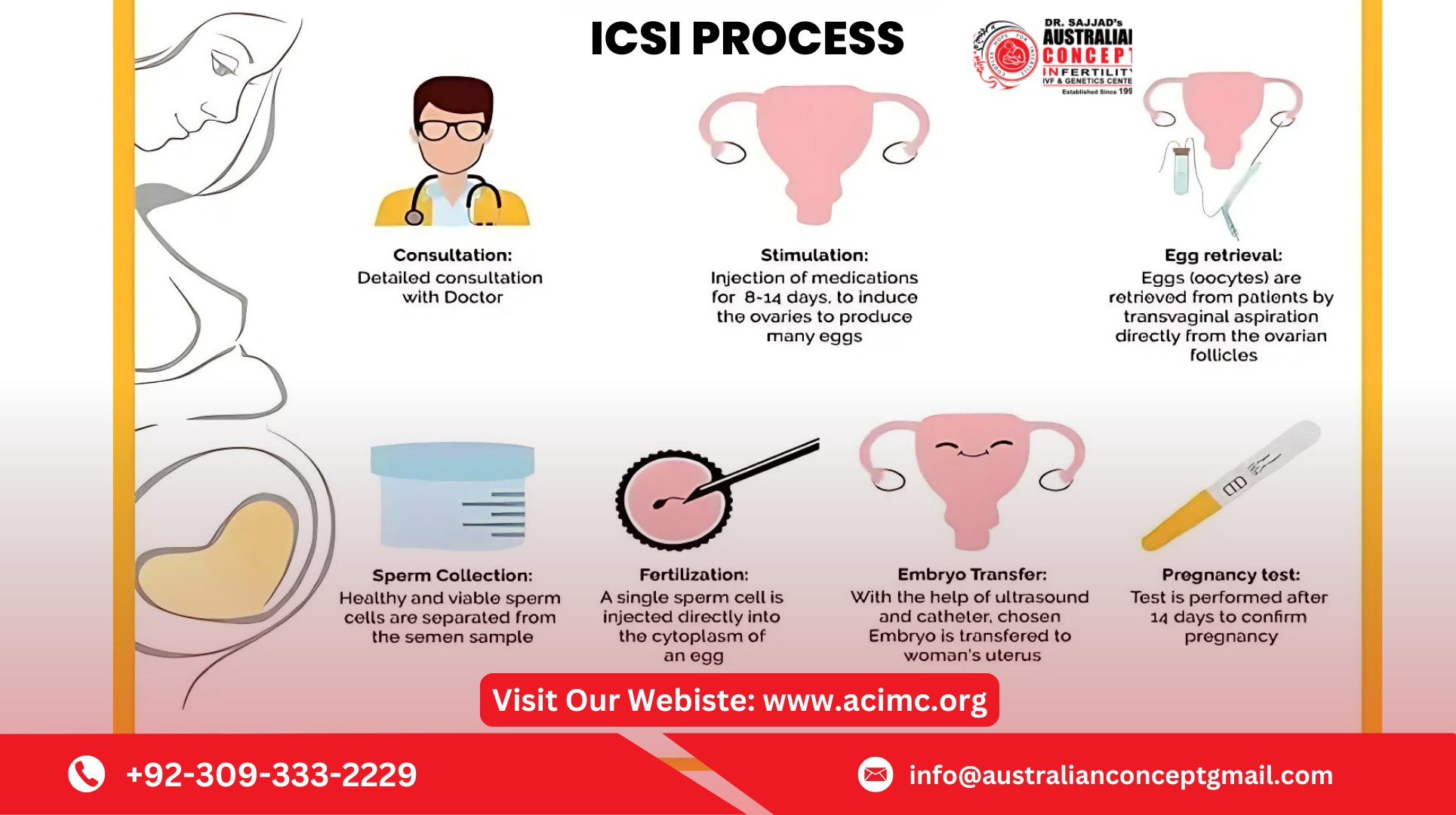Azoospermia Treatment the complete absence of sperm in semen is one of the more severe causes of male infertility. For couples facing this condition, it’s natural to wonder if parenthood is still possible. Thanks to advanced reproductive techniques like Intracytoplasmic Sperm Injection (ICSI), many men with azoospermia can still father a biological child.
Understanding Azoospermia
Azoospermia can be divided into two main types:
-
Obstructive Azoospermia – Sperm production is normal, but a blockage in the reproductive tract prevents sperm from reaching the semen.
-
Non-Obstructive Azoospermia – The testicles produce little or no sperm due to genetic, hormonal, or structural issues.
How ICSI Works for Azoospermia
In ICSI, a single healthy sperm is injected directly into an egg in the laboratory. For azoospermia patients, sperm is not found in the ejaculate, so surgical sperm retrieval methods are used before ICSI:
-
PESA (Percutaneous Epididymal Sperm Aspiration) – Collects sperm from the epididymis in cases of blockage.
-
TESA (Testicular Sperm Aspiration) – Extracts sperm directly from the testicle.
-
Micro-TESE (Microsurgical Testicular Sperm Extraction) – Uses a microscope to locate sperm in men with very low production.
Even in non-obstructive cases, small pockets of sperm may be found in the testes and used for ICSI.
Success Rates and Considerations
-
Obstructive azoospermia generally has higher ICSI success rates because sperm production is intact.
-
Non-obstructive azoospermia is more challenging, but advances in micro-TESE have improved outcomes.
-
The female partner’s egg quality also plays a critical role in the overall success of the procedure.
Limitations and Alternatives
-
If no viable sperm can be retrieved, couples may consider donor sperm for ICSI.
-
Genetic counseling is often recommended, especially if azoospermia is due to inherited conditions.
Conclusion
Yes, ICSI can be used in many cases of azoospermia, often with the help of surgical sperm retrieval techniques. While success depends on the underlying cause and sperm availability, this approach has given hope to countless couples who once thought biological parenthood was impossible. Consulting a infertility specialist is the first step to exploring this option.



